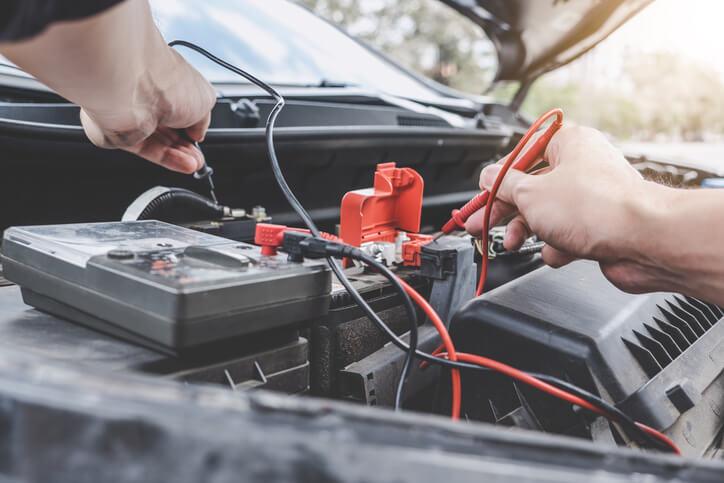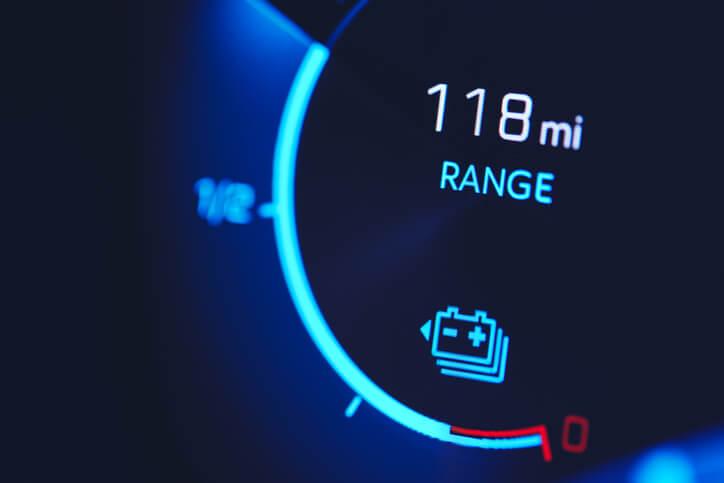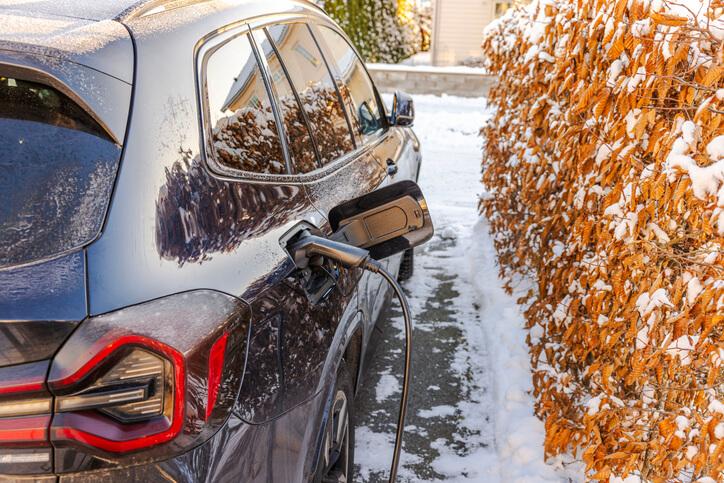EVs vs. Winter: How Cold Weather Affects Electric Vehicle Performance
Electric vehicles (EVs) are transforming the transportation landscape, offering clean, efficient alternatives to traditional combustion engines. But in cities like Montreal, where winter is long and harsh, these high-tech machines face unique seasonal challenges. If you’re training to become a hybrid and electrical mechanic, understanding how cold weather affects EV performance is essential.
From reduced battery range to sluggish charging times, here’s what you’ll need to know to keep EVs running smoothly through Quebec’s chilliest months.
The Cold Truth: How Temperature Impacts Battery Efficiency
EVs depend on lithium-ion batteries, which are sensitive to extreme temperatures. In cold conditions:
- Battery performance drops due to slower chemical reactions
- Range can decrease by 20–40%, depending on the model and conditions
- More energy is needed for cabin heating and battery warming systems
For EV drivers, this means shorter trips between charges. For aspiring technicians, it means being prepared to explain, diagnose, and manage cold-weather battery issues during your automotive training experience.
Charging Challenges: Longer Waits, More Planning
In the winter, not only do batteries discharge more quickly, they also charge more slowly. Charging in sub-zero temperatures can:
- Take up to twice as long
- Require battery preconditioning before fast charging
- Result in partial charges, even with full sessions
Understanding how to evaluate and prepare EVs for cold-weather charging is a key topic in hybrid and electrical mechanic programs, where real-world seasonal problems are simulated and explored.

Cabin Comfort vs. Battery Drain
Keeping the interior warm comes at a cost. EVs don’t have waste heat from a combustion engine to rely on, so heating systems must pull directly from the battery. Features like heated seats and steering wheels offer some efficiency, but:
- Traditional cabin heaters can reduce range significantly
- Pre-conditioning (heating the cabin while plugged in) is a smart workaround
- Heat pump systems in newer EVs are improving efficiency
As part of your automotive training in Montreal, you’ll explore the electrical components behind these comfort systems and learn how to troubleshoot them when they falter.
Tire Traction and Regenerative Braking in Snow
EVs are heavier due to battery packs, giving them more traction, but also more inertia. When driving in snow or slush, technicians must help drivers understand:
- How winter tires play a critical role in control and safety
- The way regenerative braking interacts with icy roads
- When to adjust regen settings for smoother stops
Training to be a hybrid and electrical mechanic means learning how these systems work together and how to adjust or repair them for safe winter driving.

Why Cold-Weather Knowledge Matters for EV Technicians
Quebec is Canada’s leader in EV adoption, thanks to generous provincial incentives and a robust public charging network. That makes cold-climate EV expertise a valuable skill set for emerging auto technicians in Montreal.
At ATC Montreal, our automotive training program includes dedicated instruction on EV maintenance and diagnostics. You’ll gain hands-on experience dealing with battery performance, thermal management systems, charging protocols, and more, all essential for winter-ready repairs and service.
Promotional Conclusion: Build Your EV Expertise at Our Auto Mechanic School in Montreal
Electric vehicles aren’t just the future; they’re already here. If you’re ready to gain the in-demand skills needed to keep them running smoothly through every season, it’s time to take the next step.
ATC Montreal’s auto mechanic school offers specialized training in hybrid and electrical vehicle systems, wiith expert instructors, hands-on labs, and career support, you’ll be prepared to meet the needs of a fast-growing industry
Do you want to explore programs at our auto mechanic school?
Contact ATC Montreal for more information.


